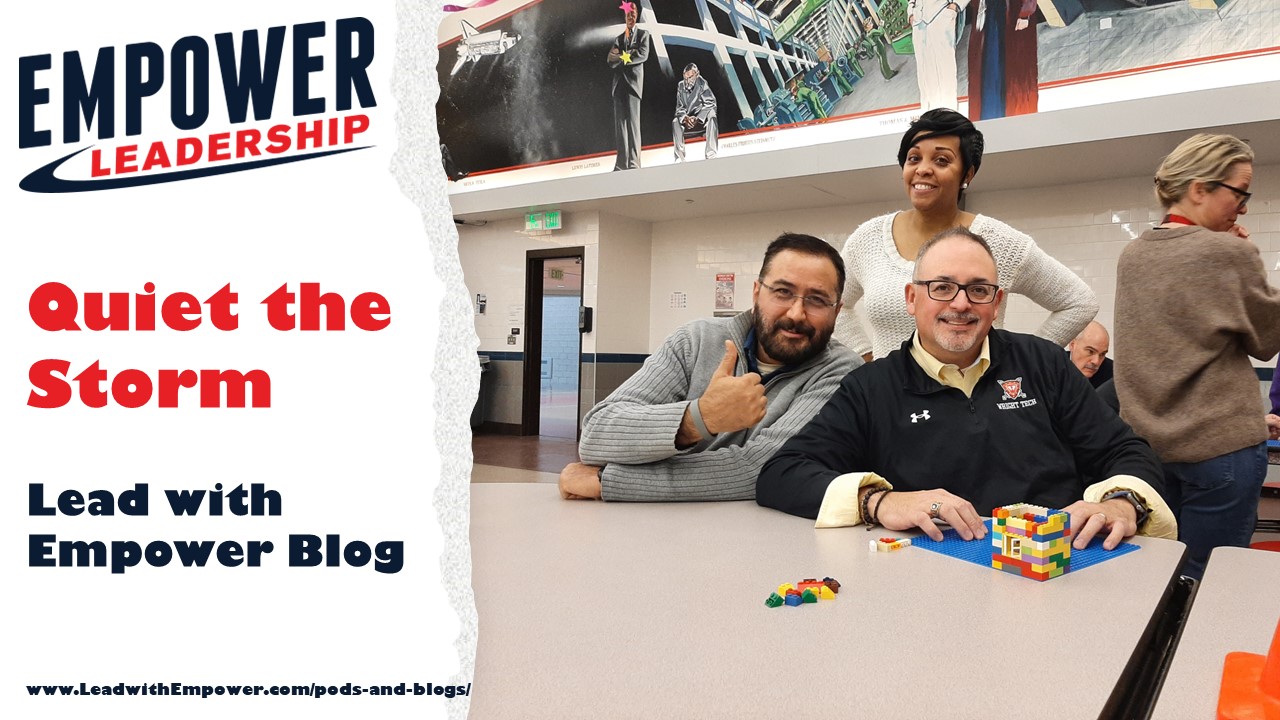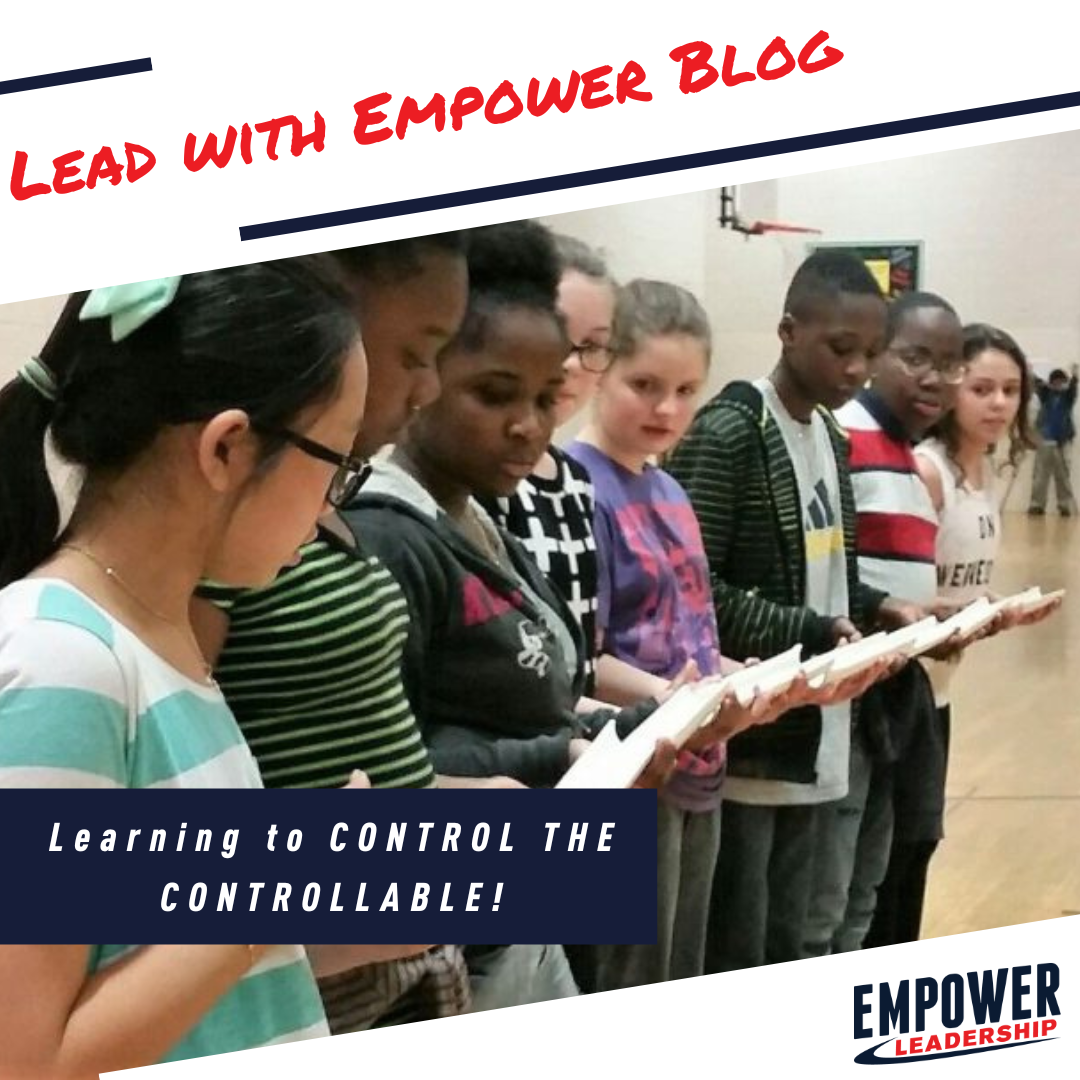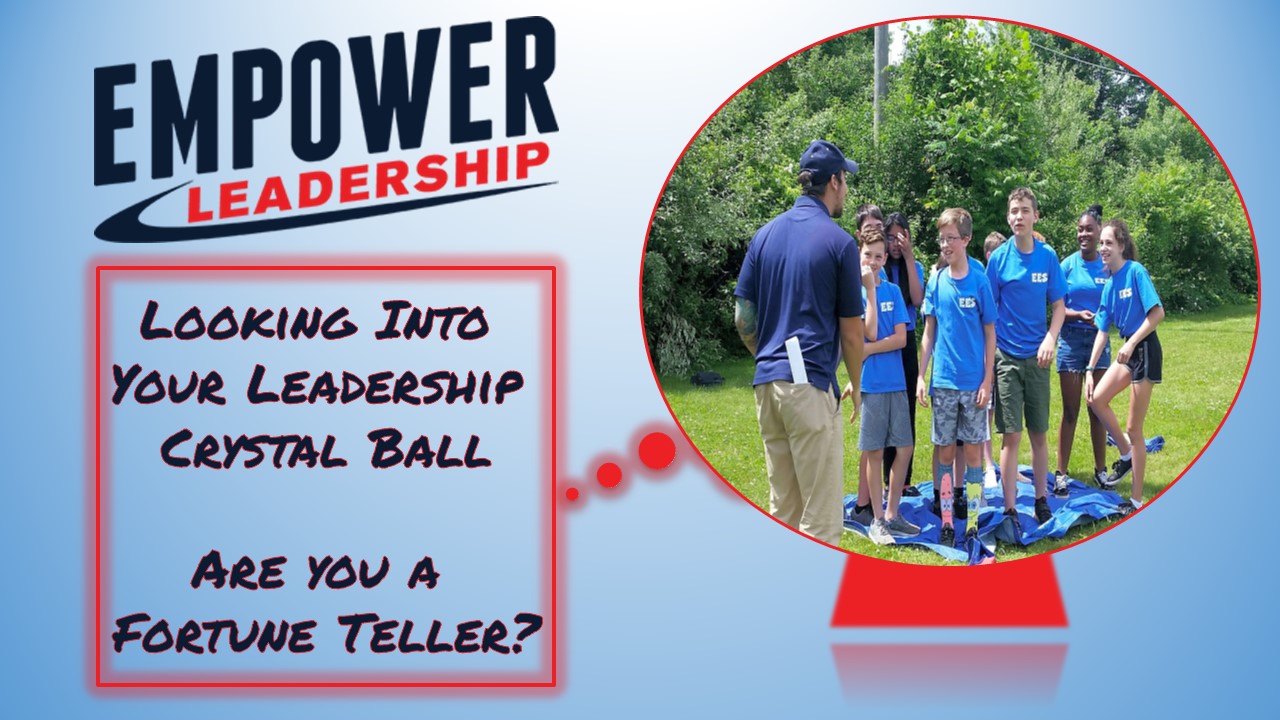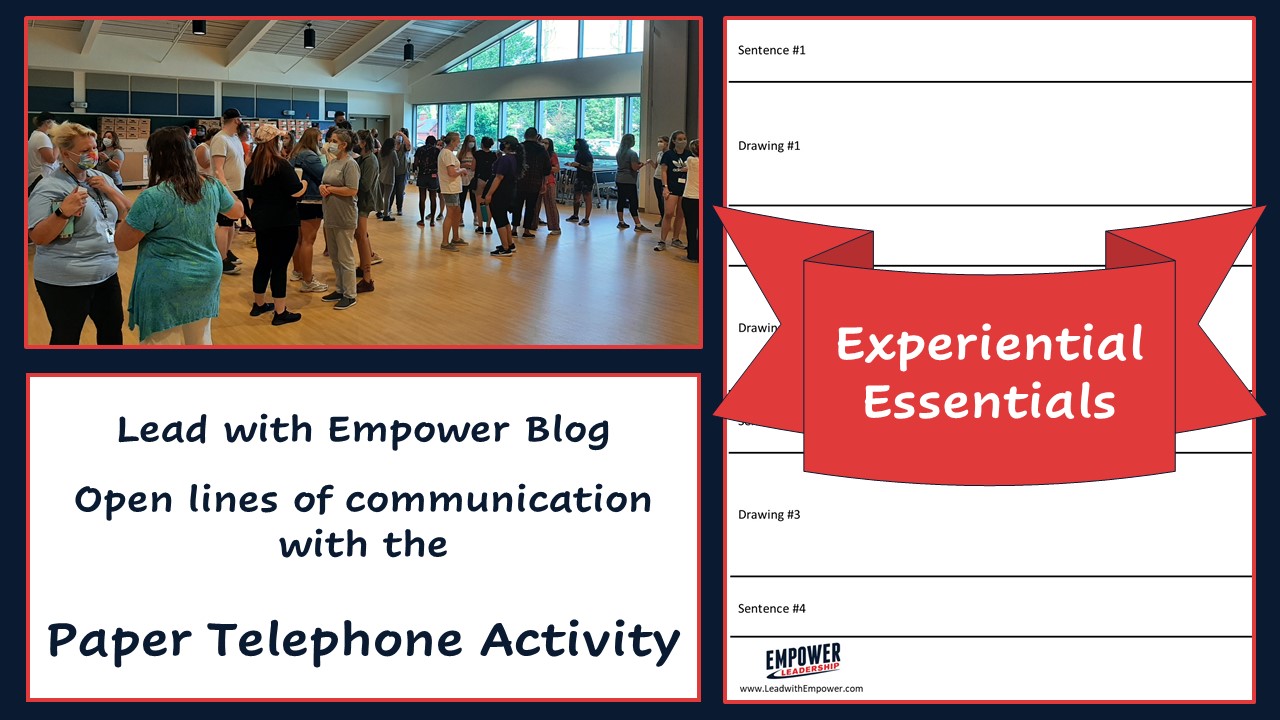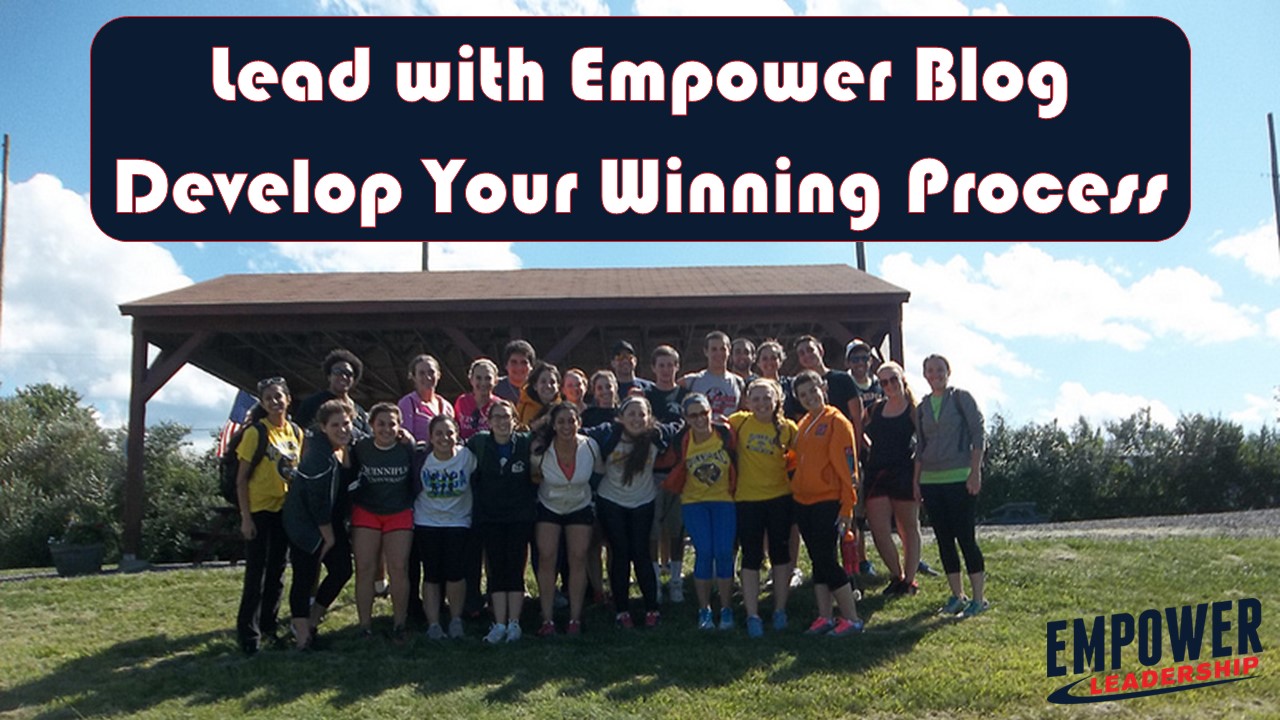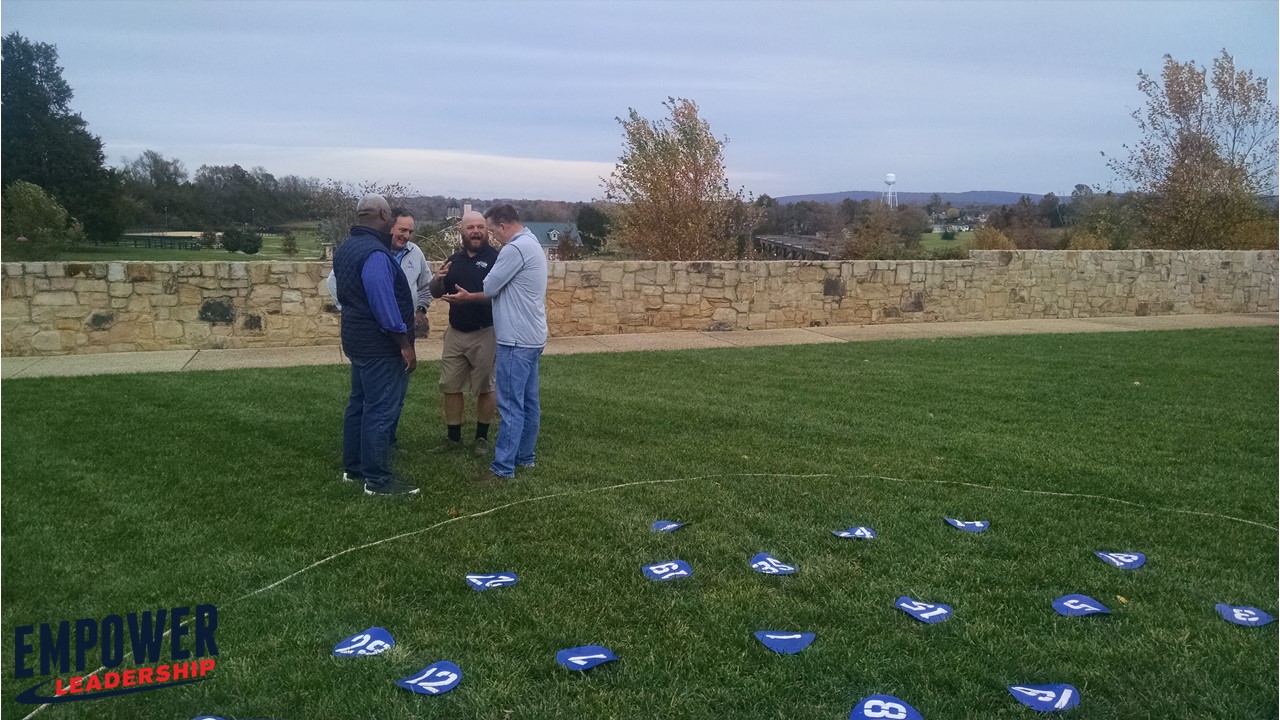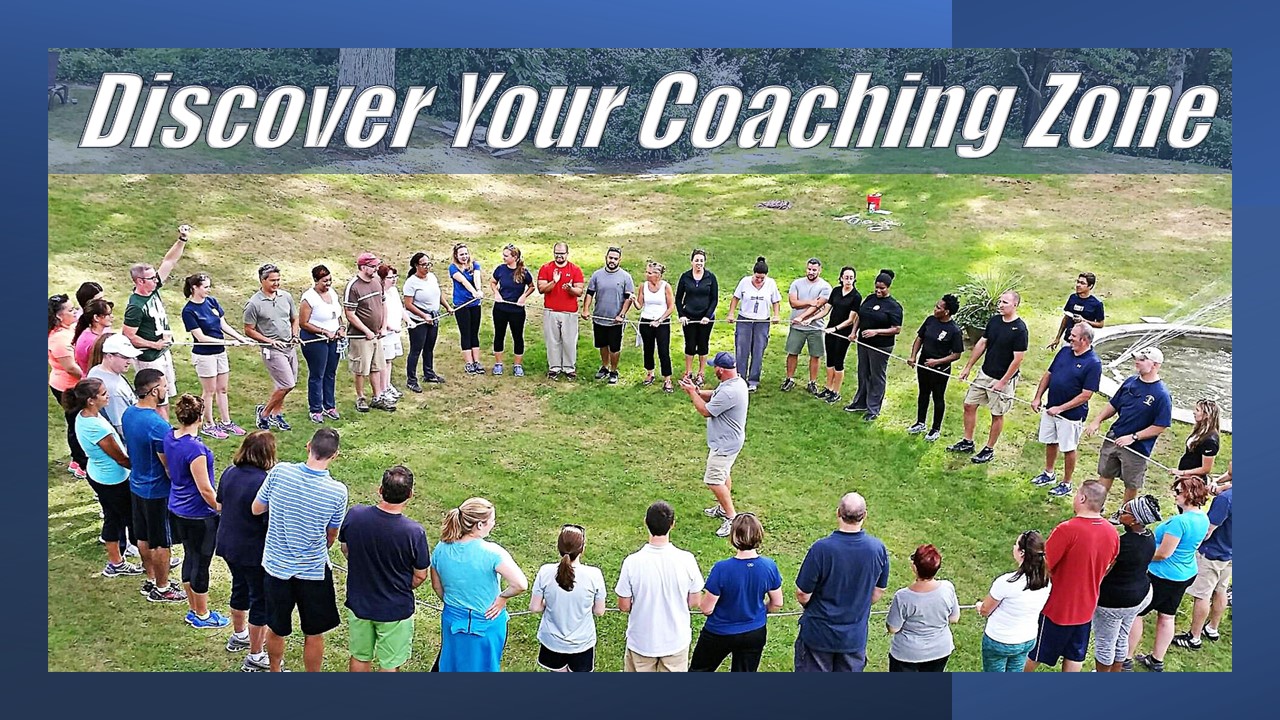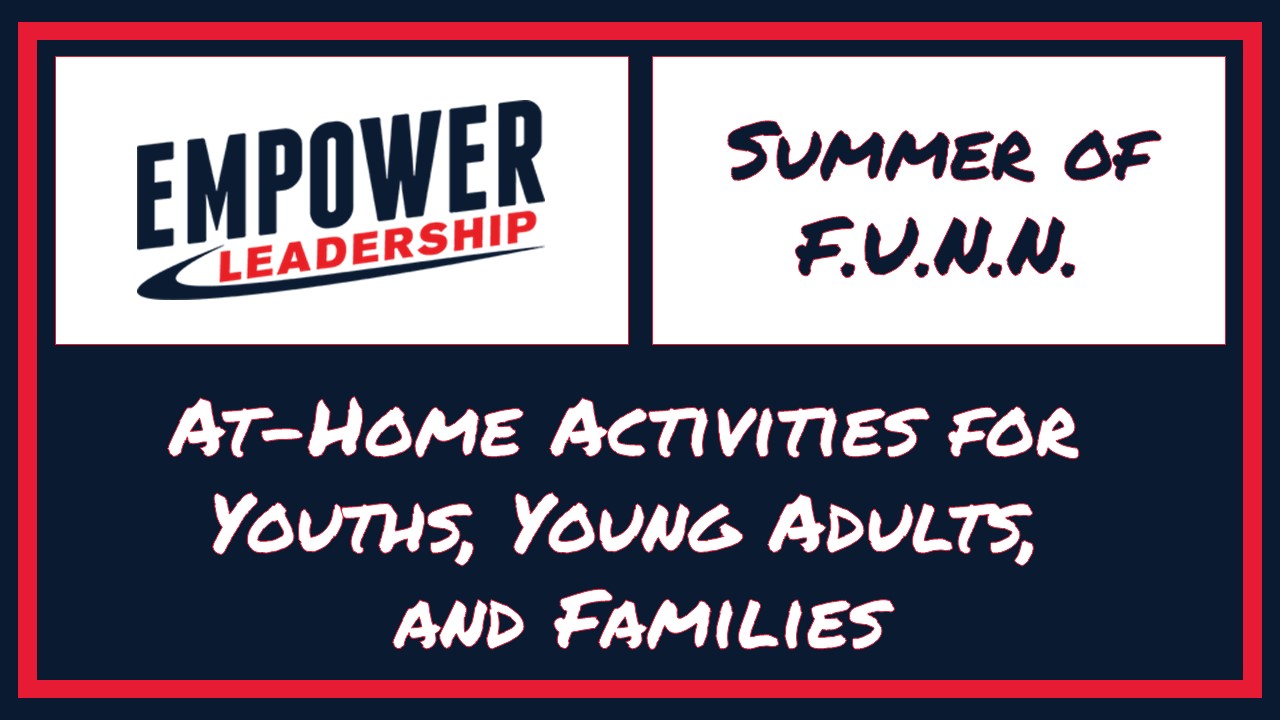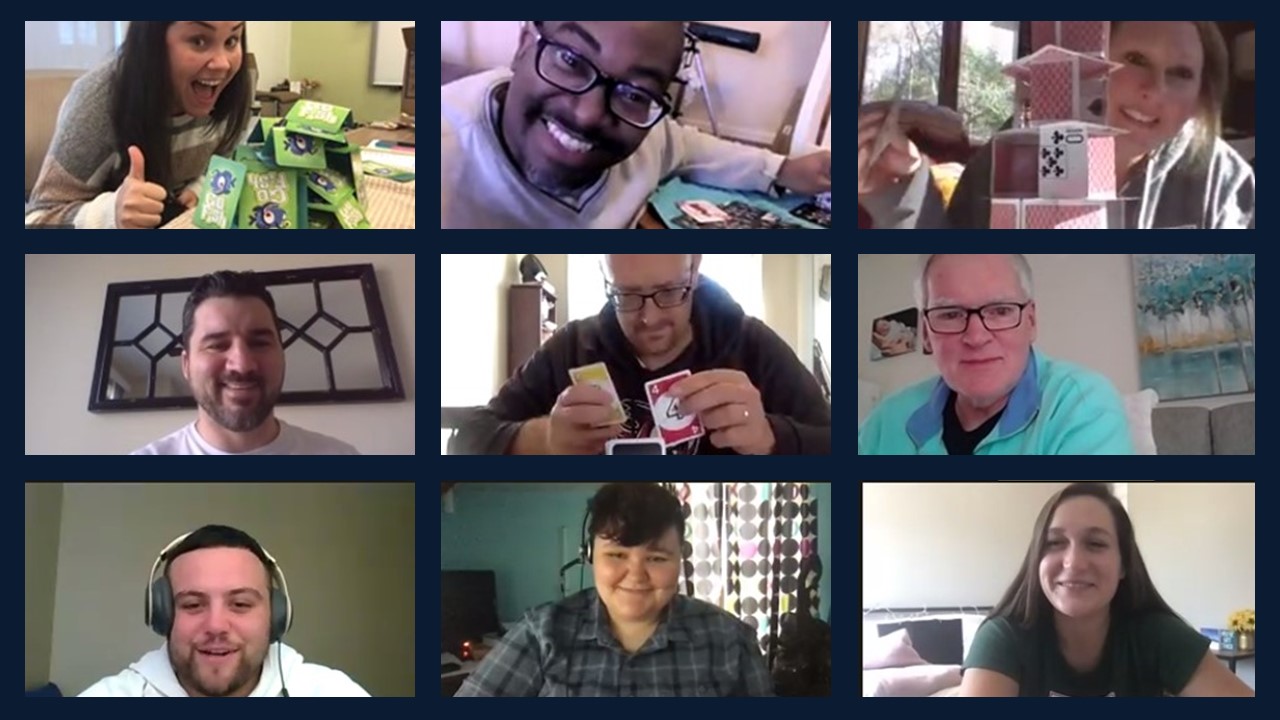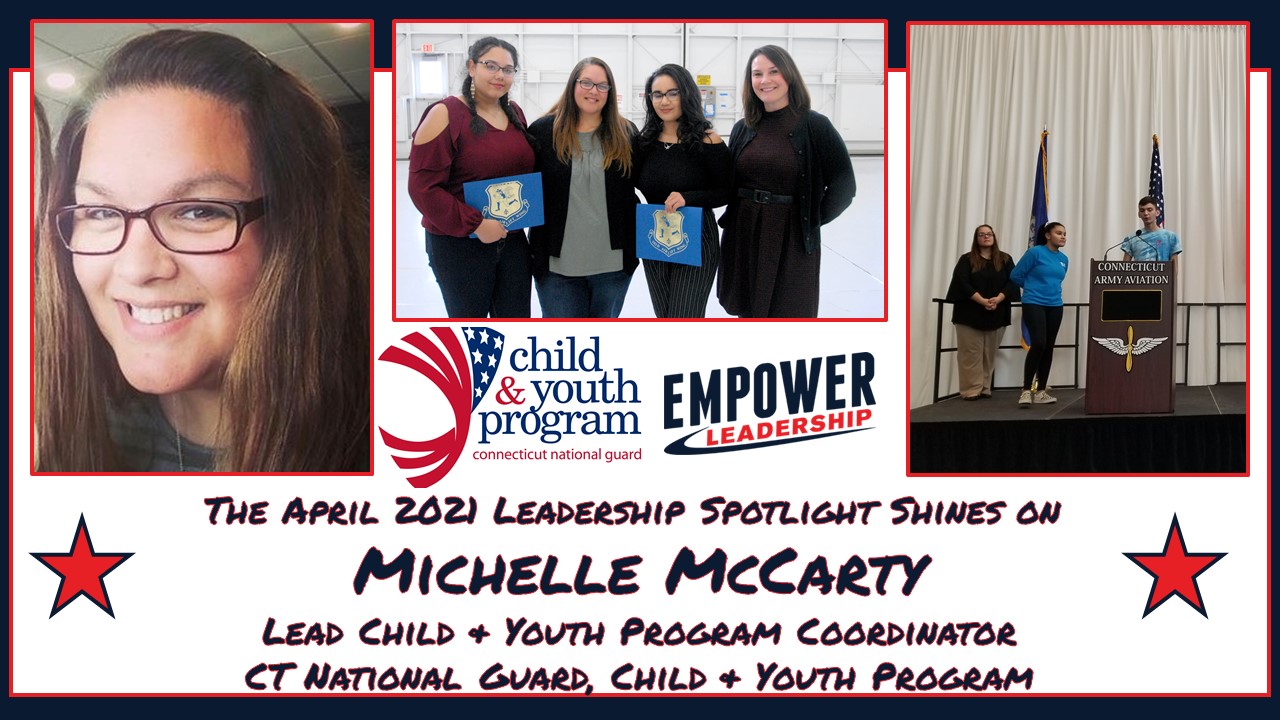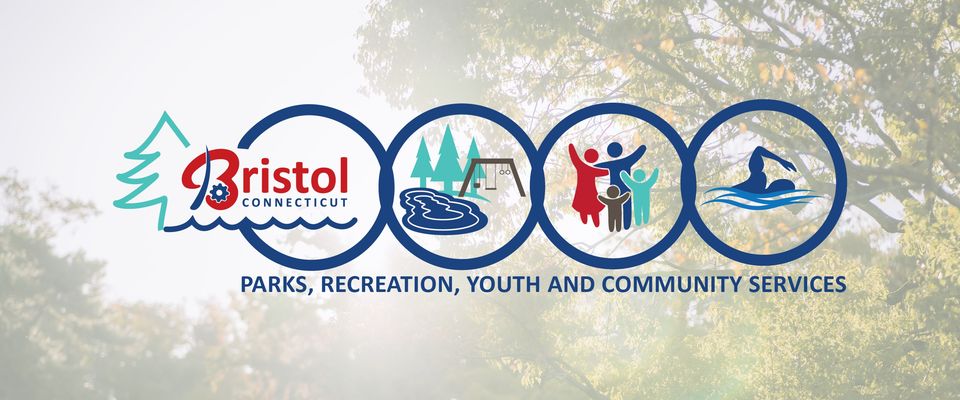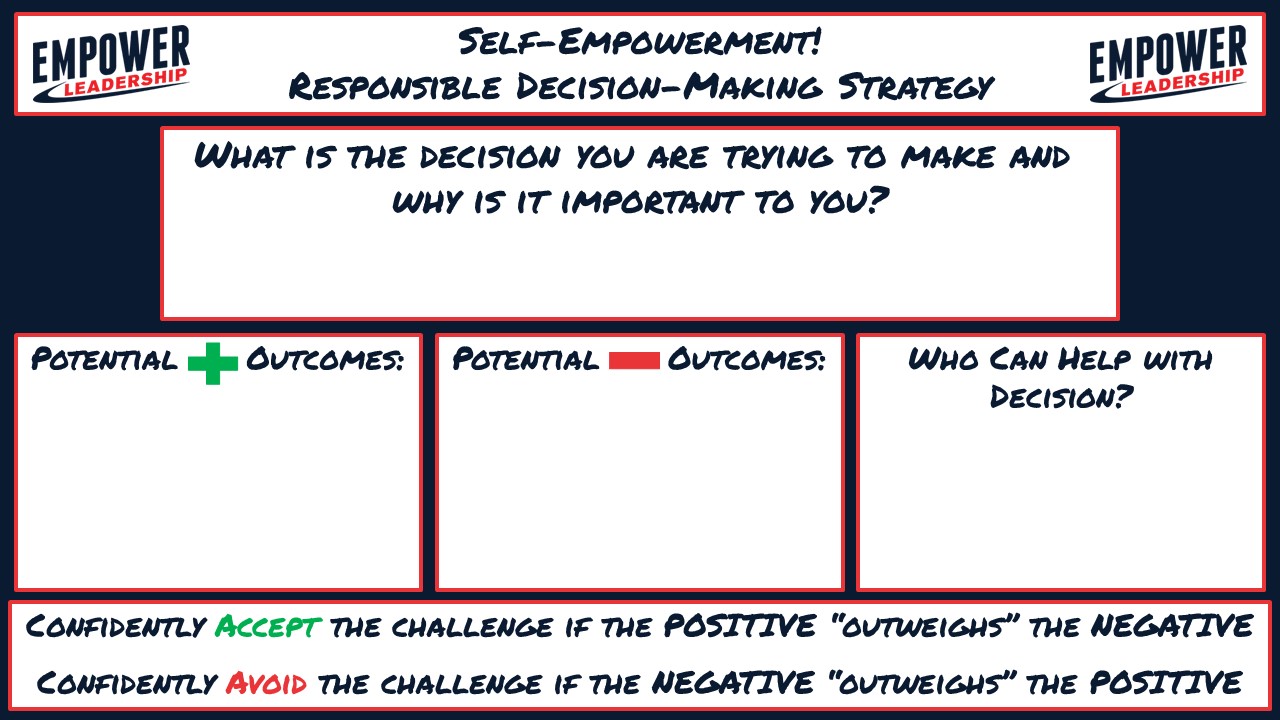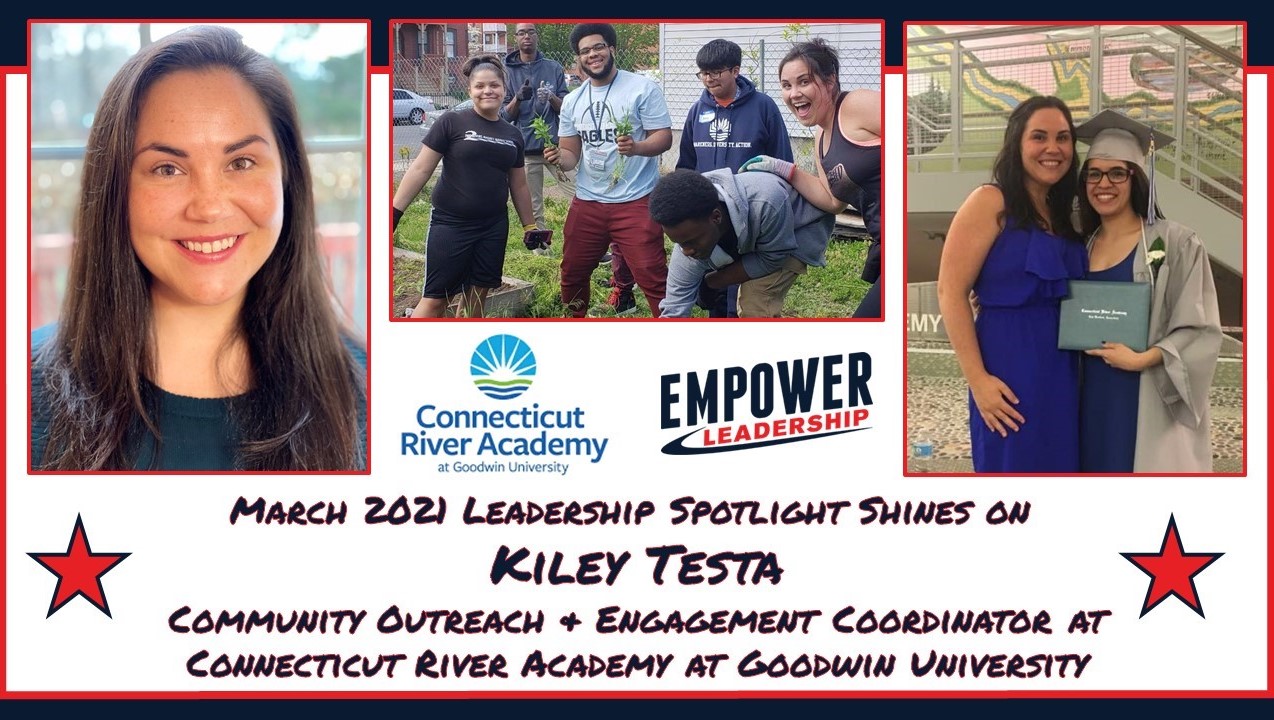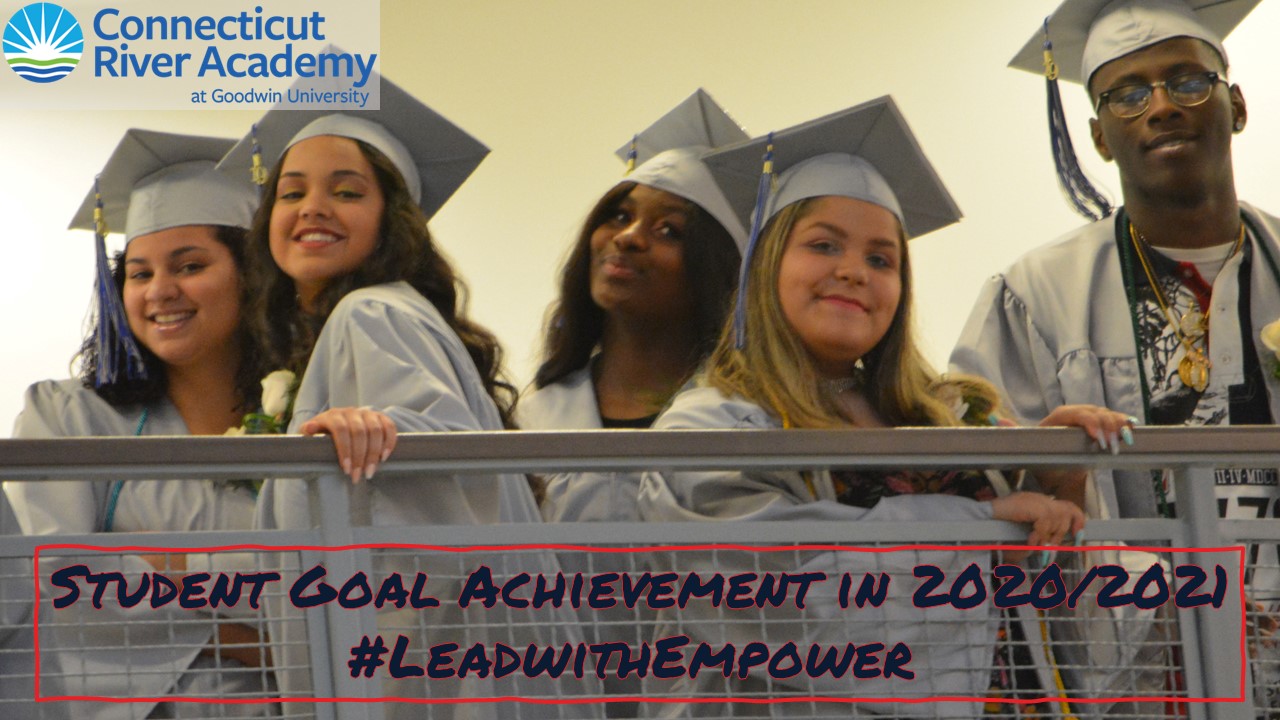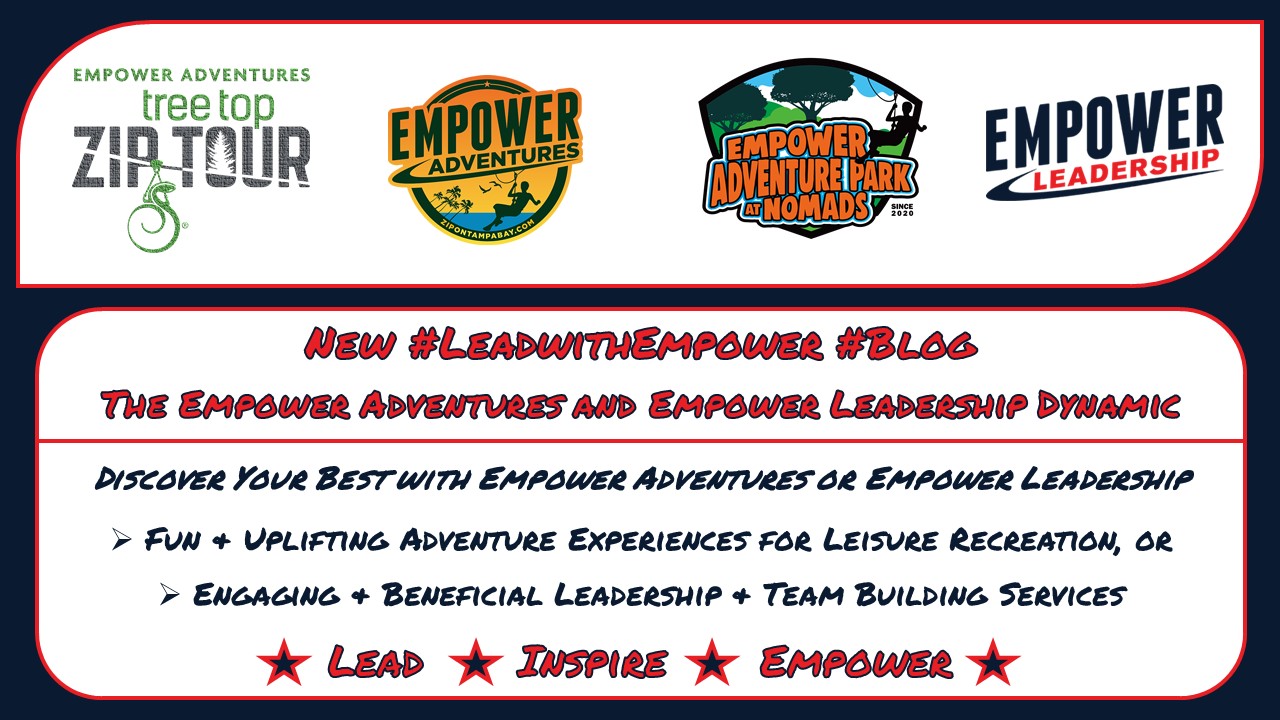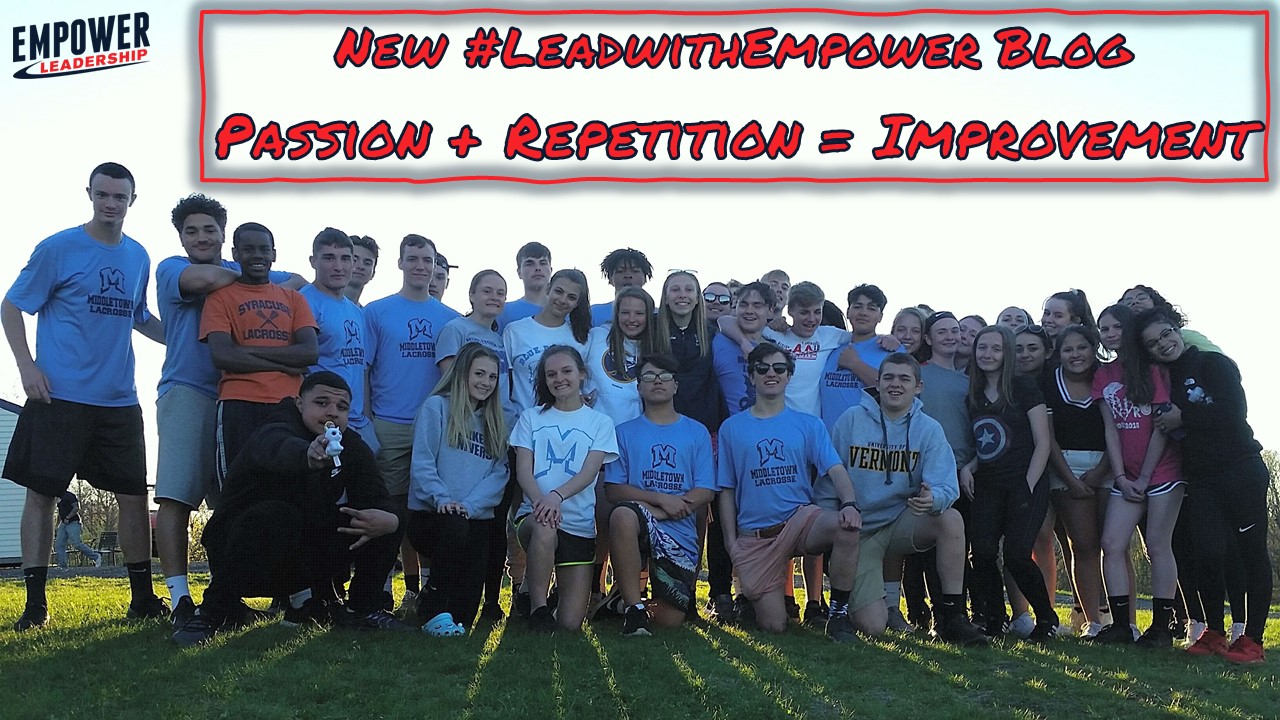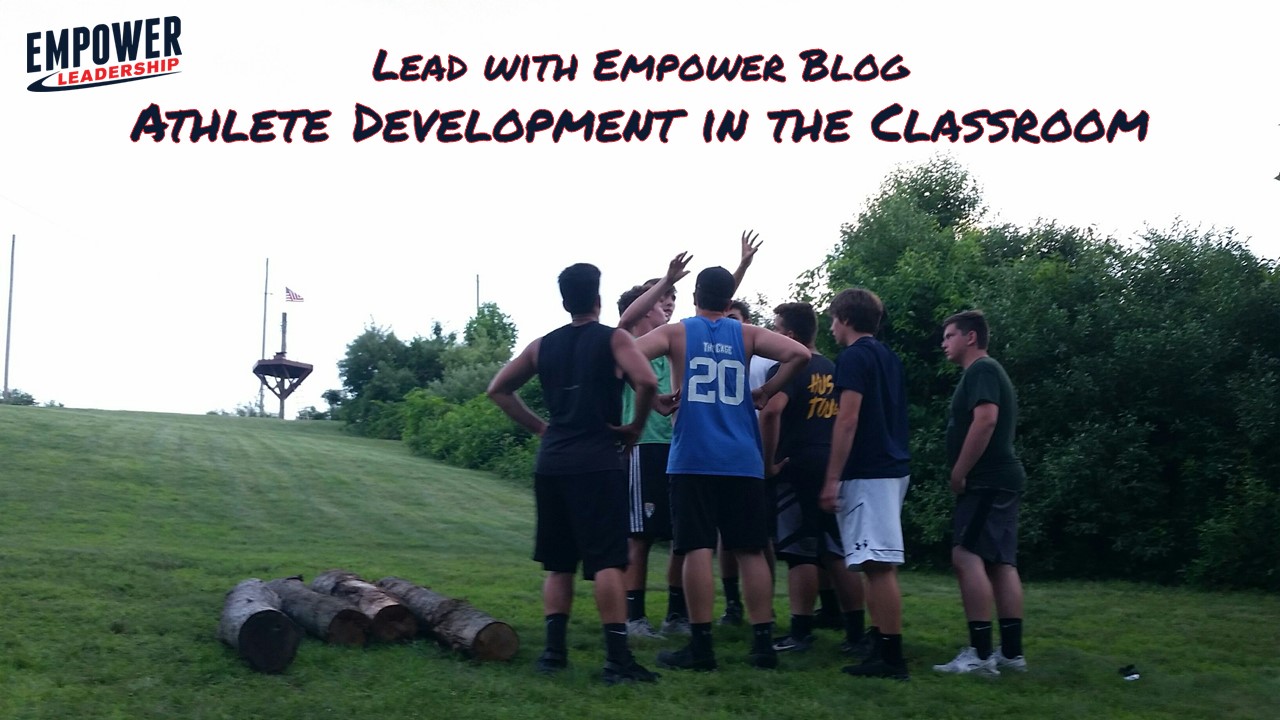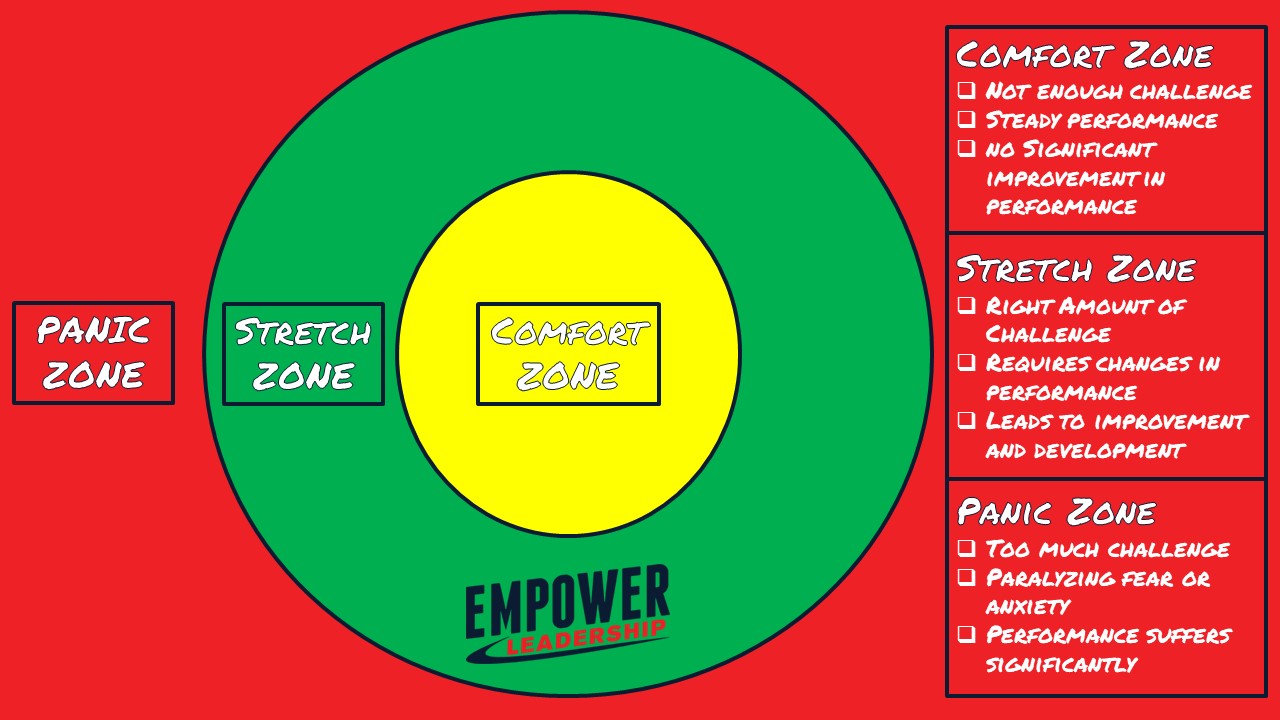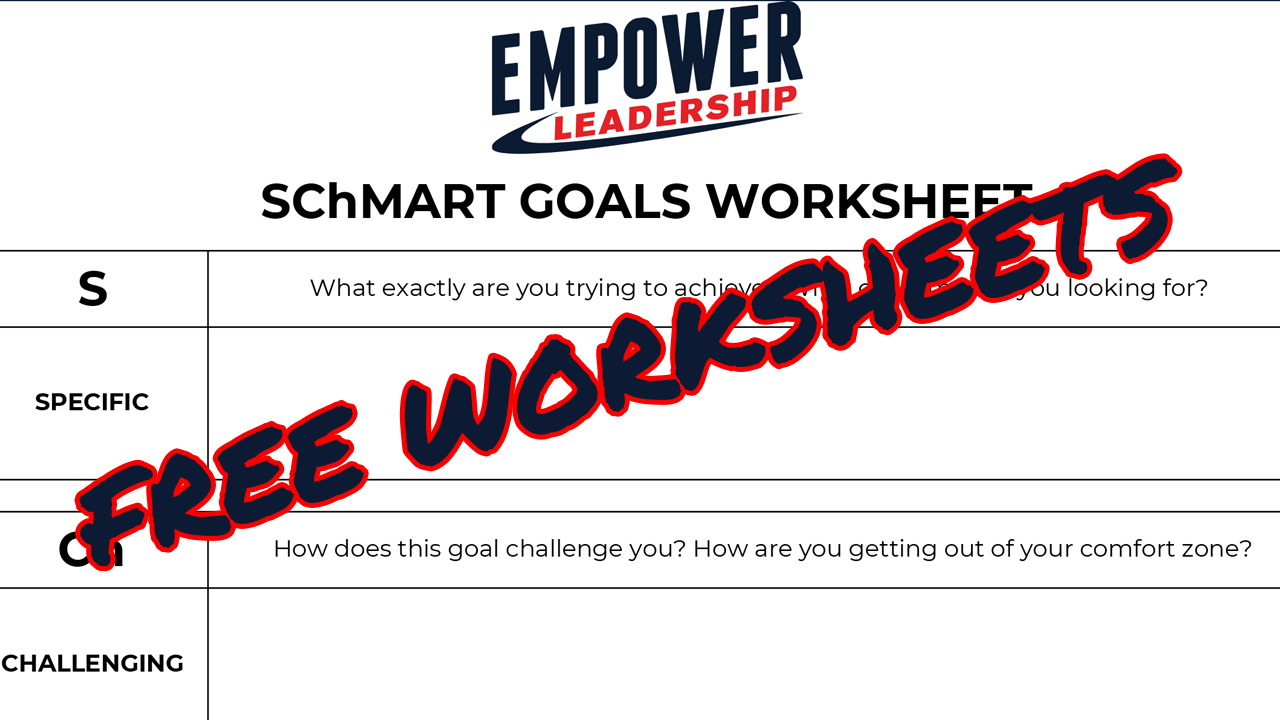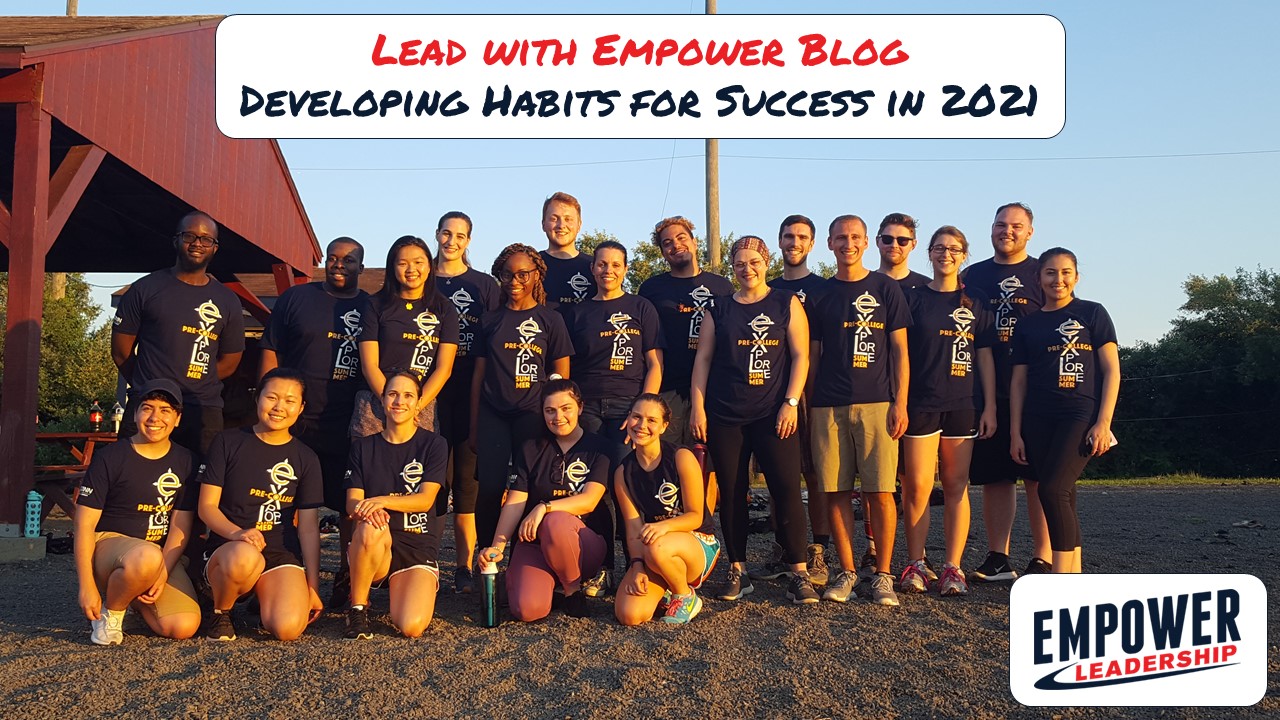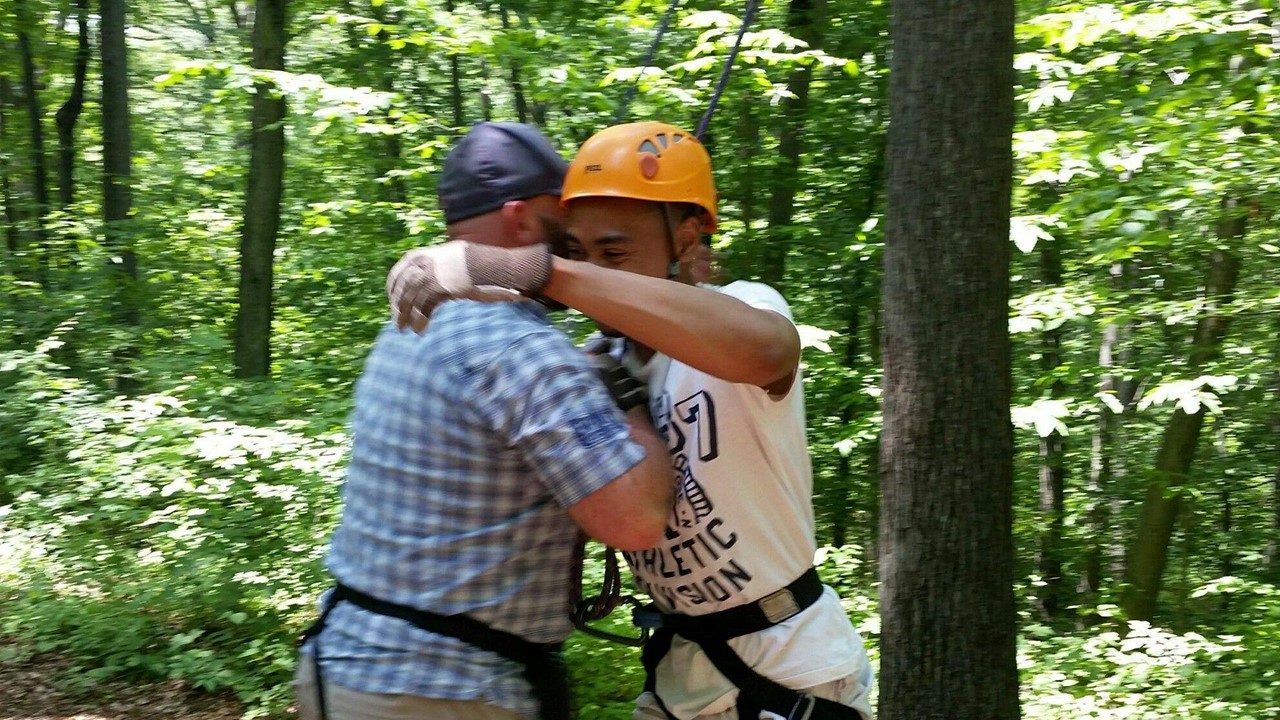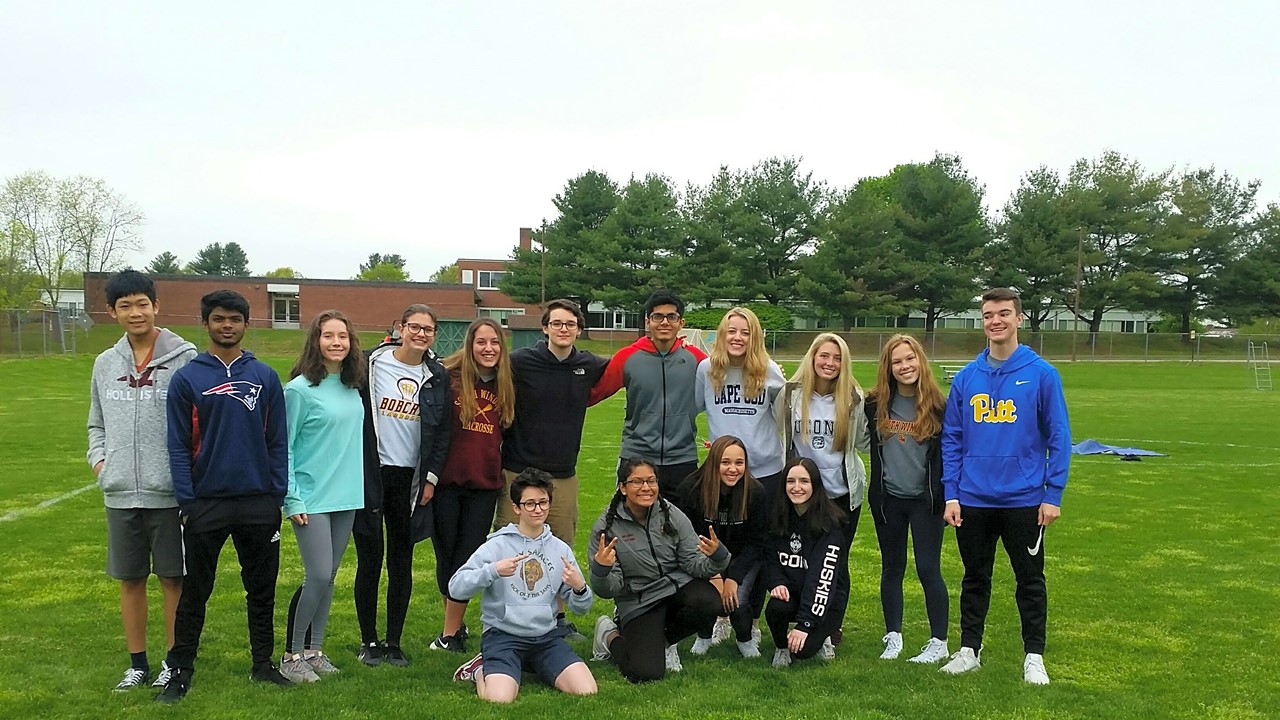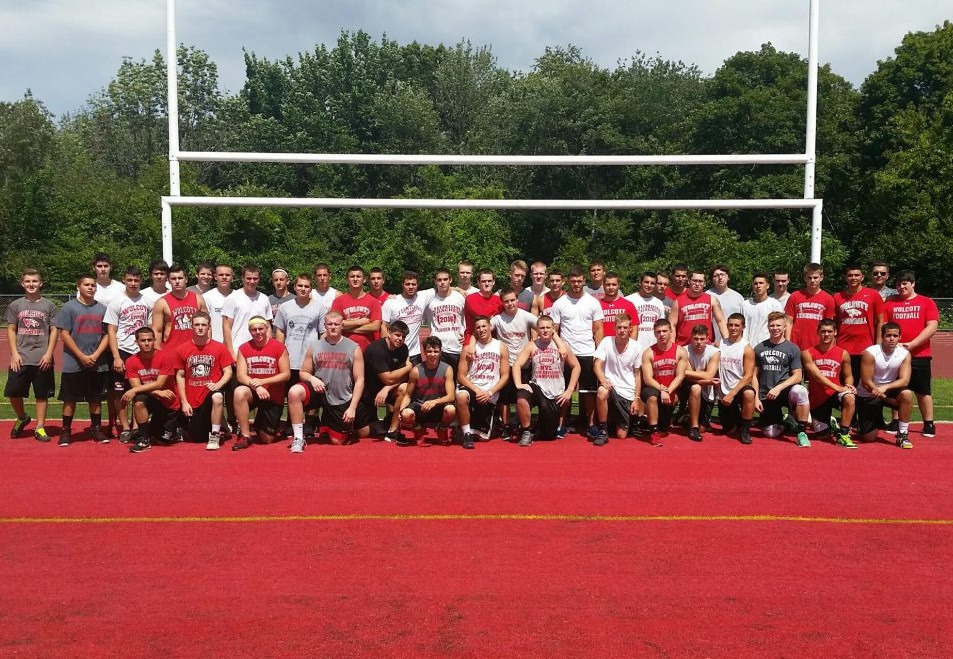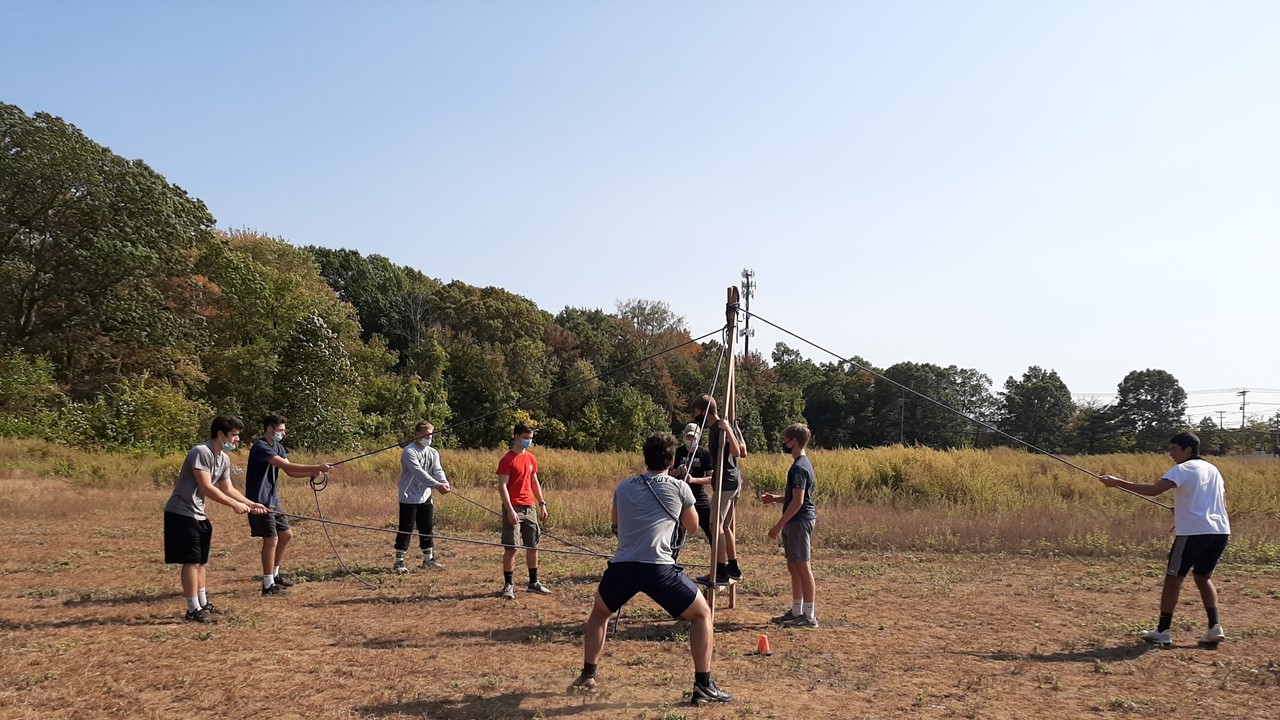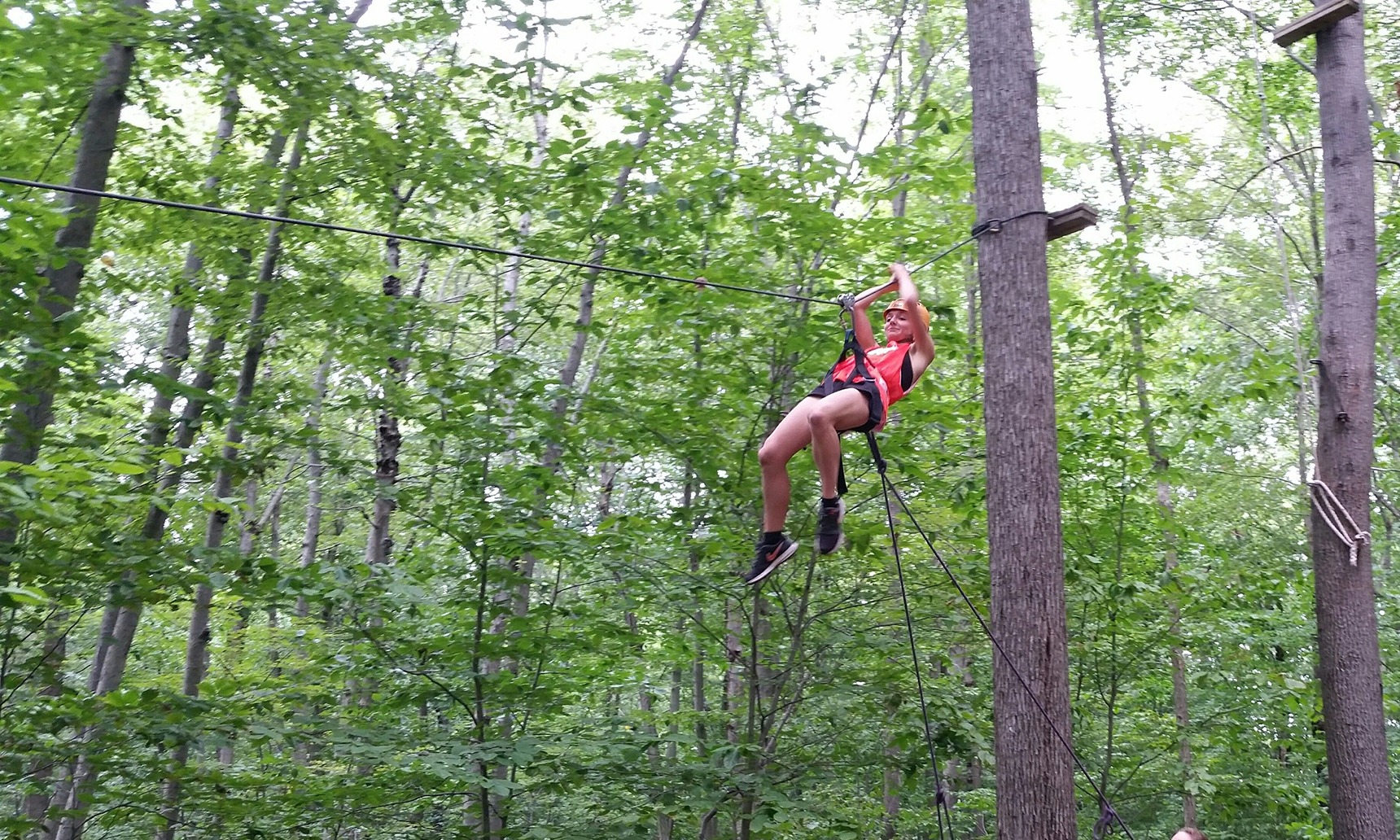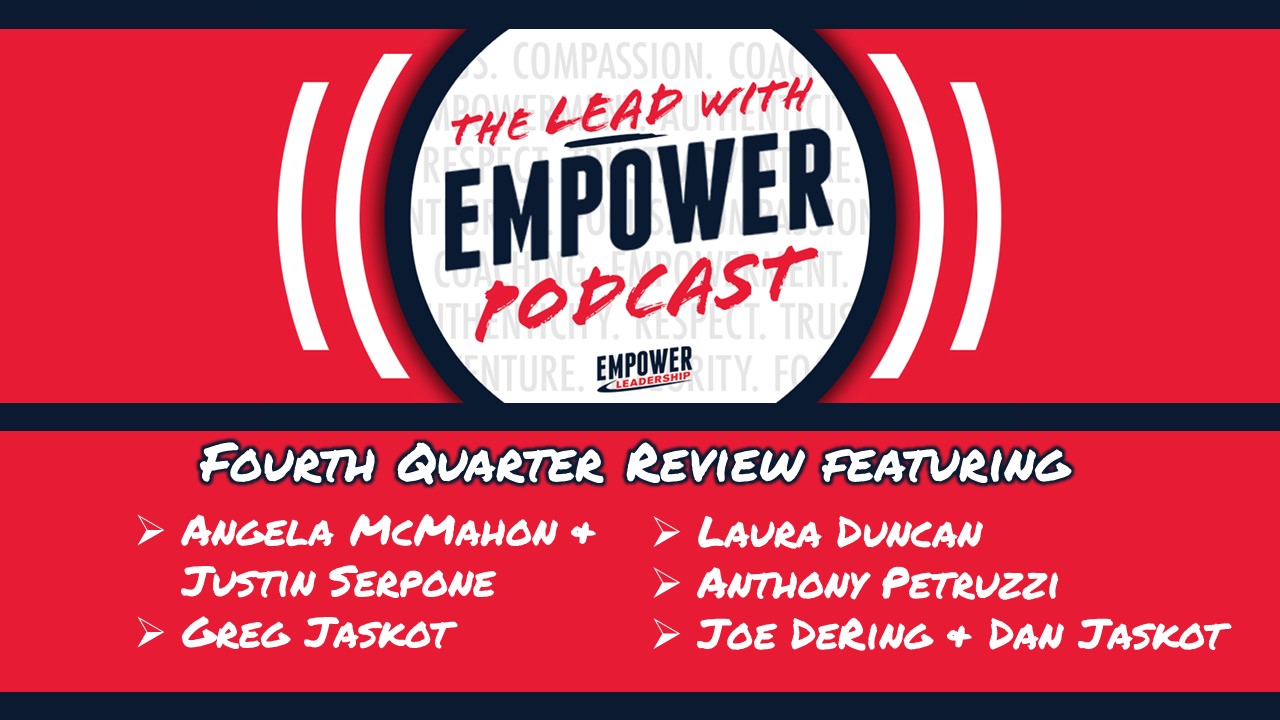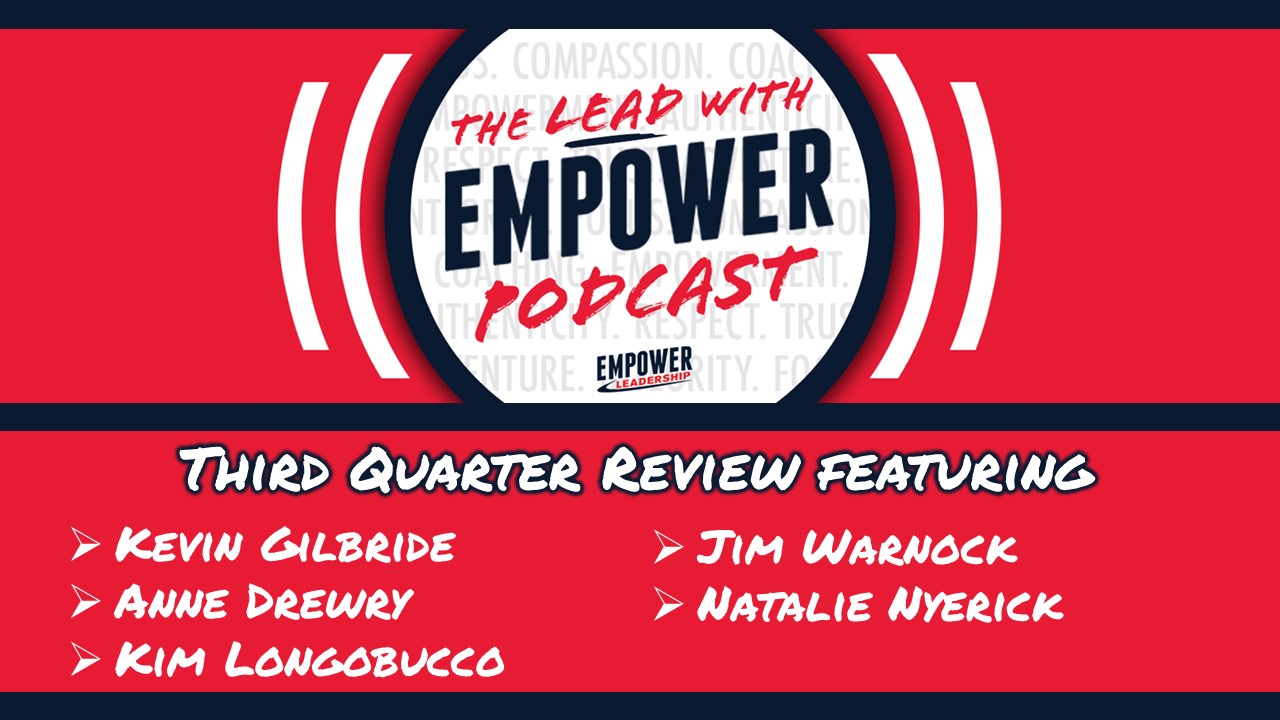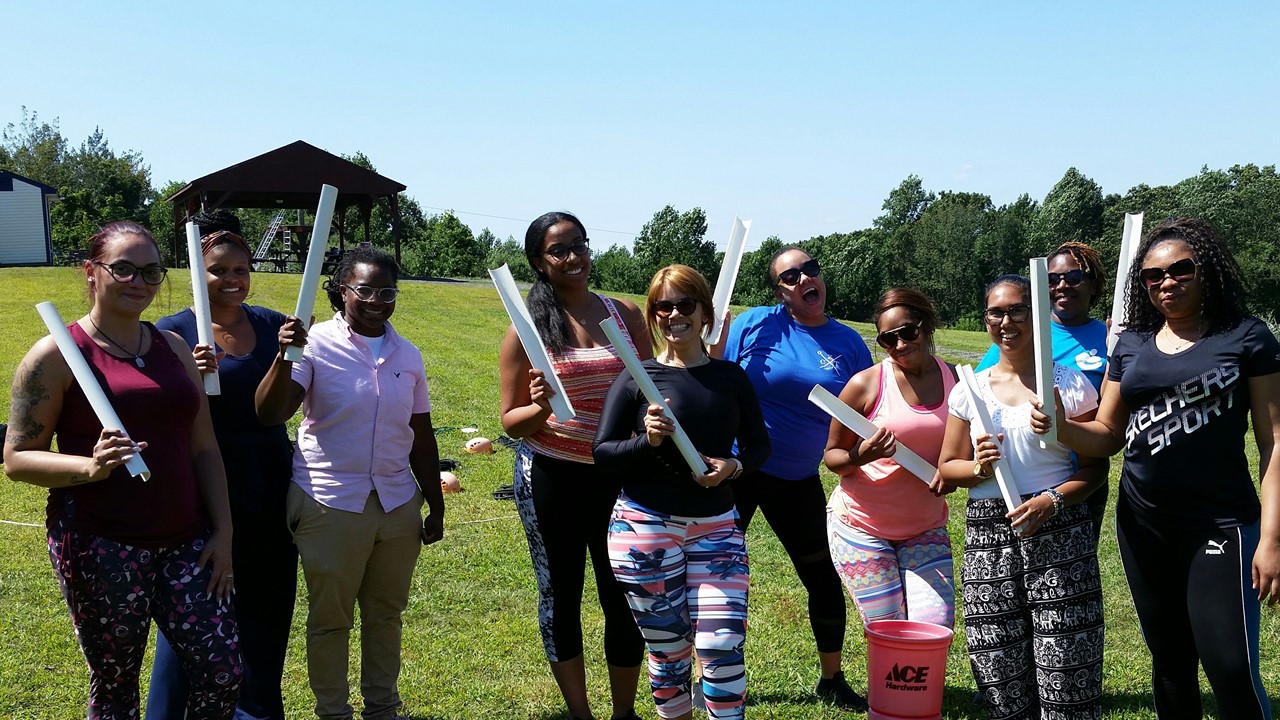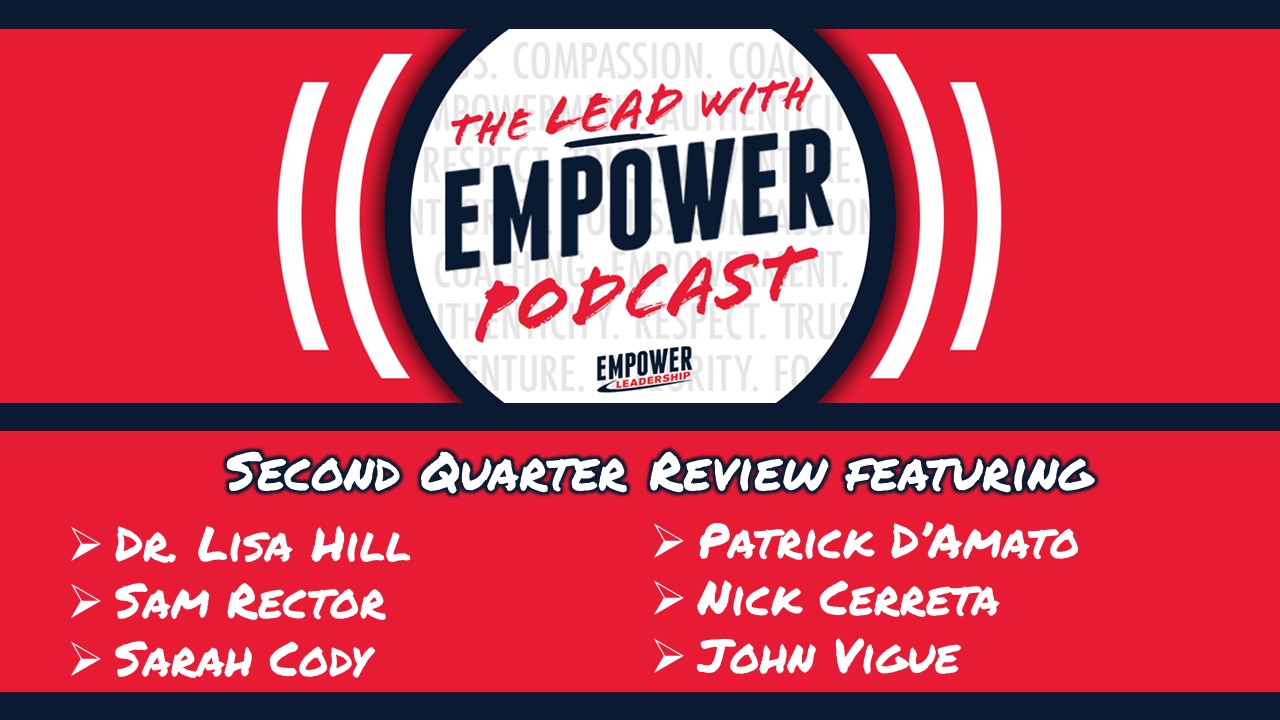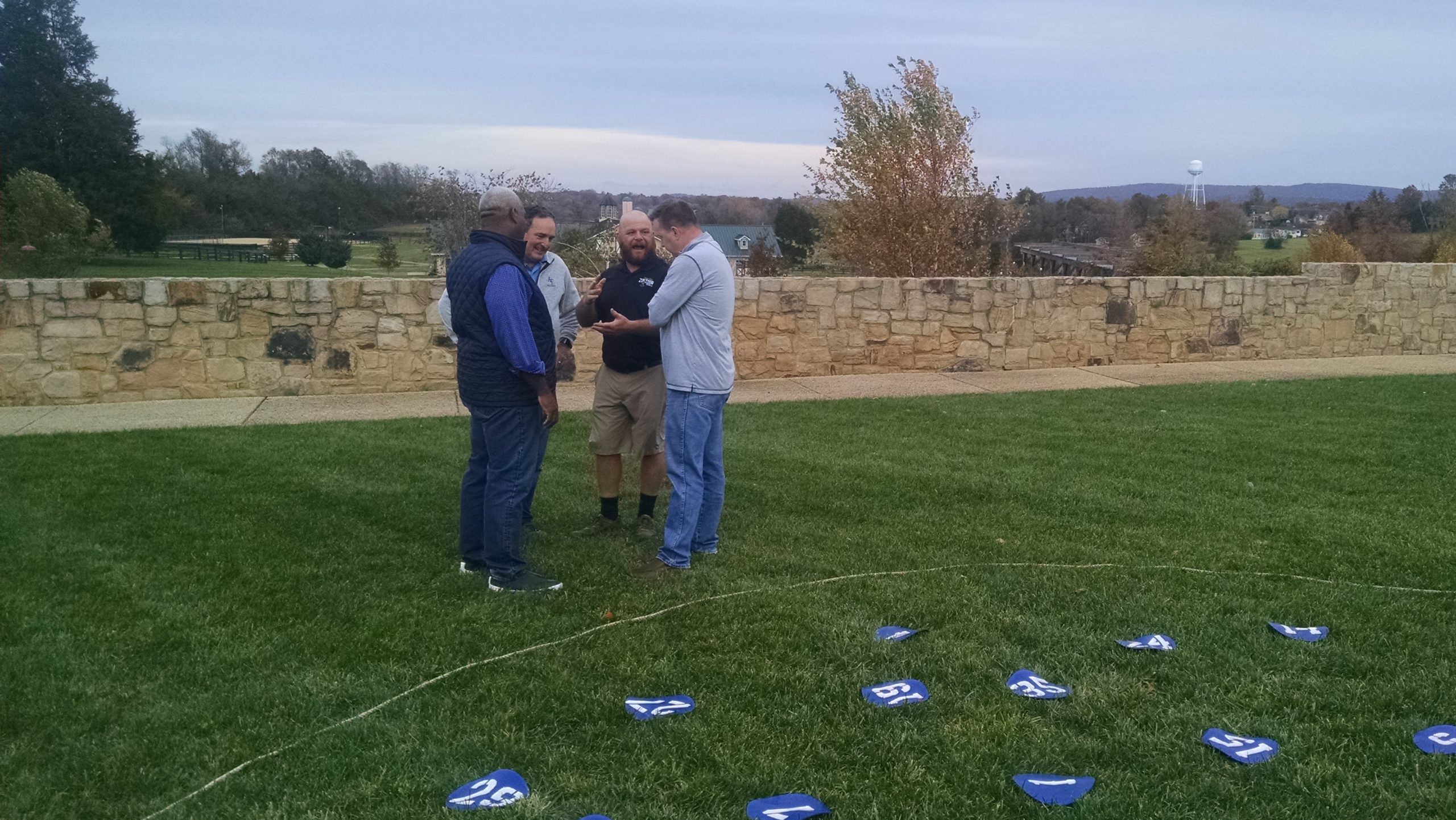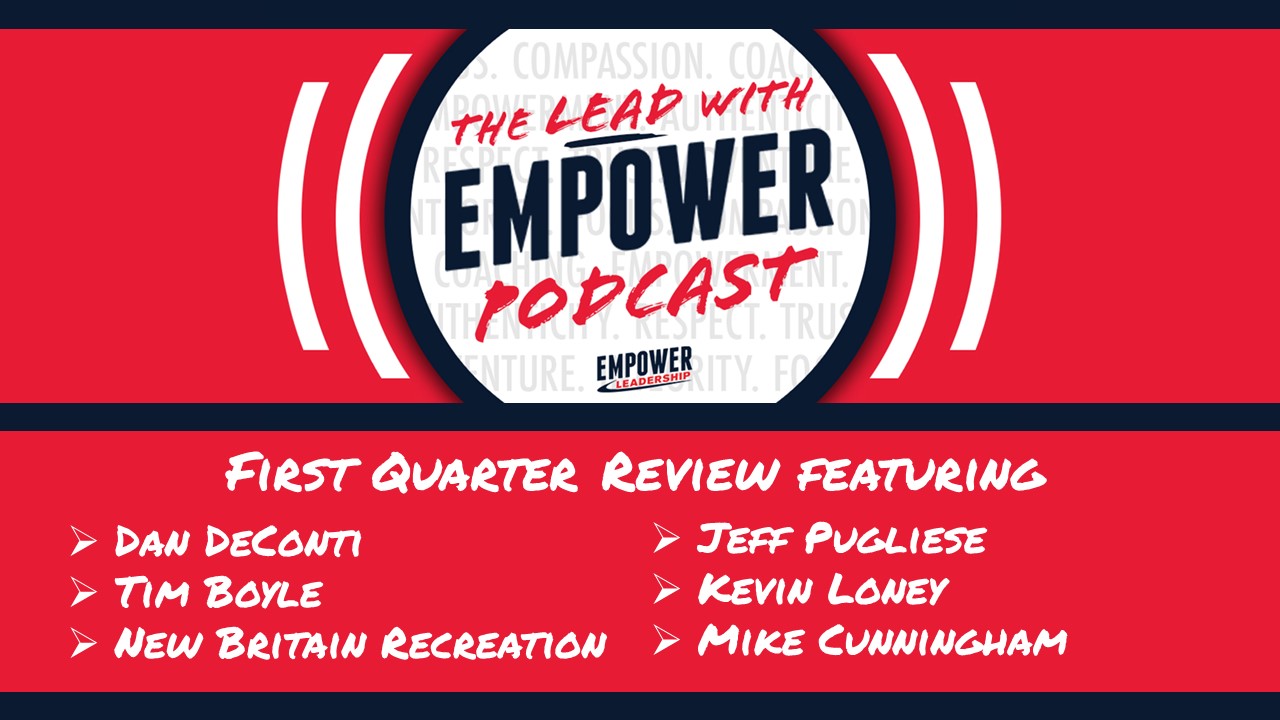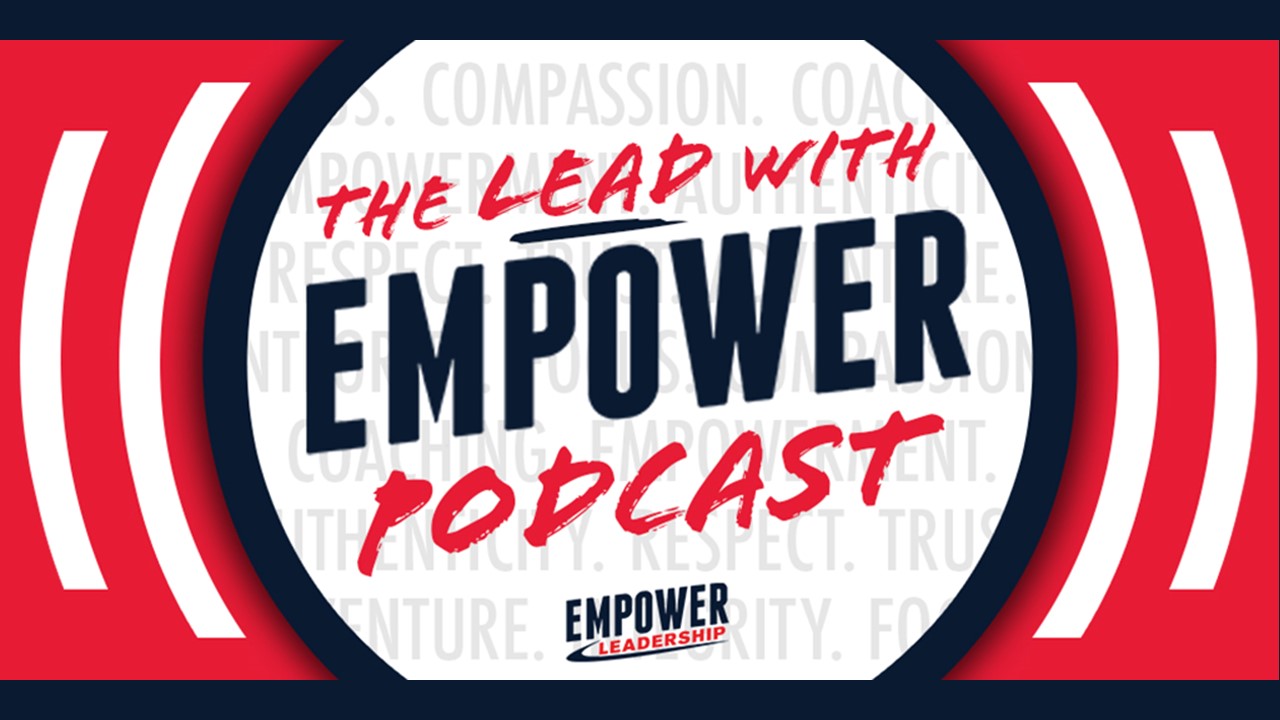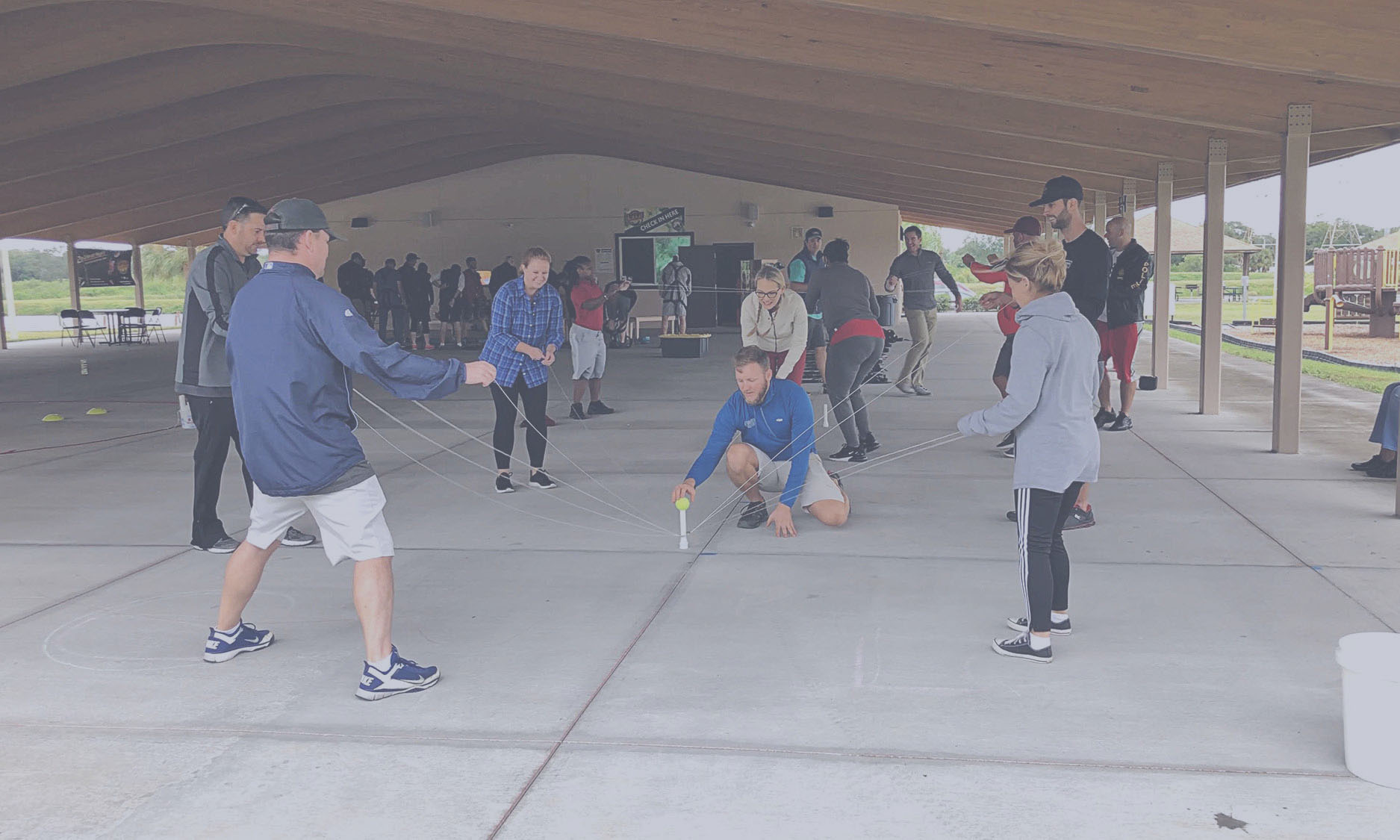Teaching Leadership 101
Leadership Development for Youths and Young Adults
Head over to Google and type “definition of leadership” in the search bar. The first definition you will find is “the action of leading a group or organization”. As a young student, I was always taught that you cannot use the word you are trying to define in the definition of said word – seeing this definition as the first search result always makes me laugh a little bit! How are youths and young adults supposed to learn to lead when the definition of leadership is abstract as definitions come?
I have had the pleasure of leading a handful of leadership development events for high school and college/university groups over the past few weeks, all comprised of students who are, or will be, in leadership positions at their respective schools; including:
- About 70 rising seniors from Xavier High School participating in the Xavier Leadership Institute
- About 75 rising seniors from Mercy High School participating in a leadership retreat
- 12 rising seniors from Hamden Hall Country Day School participating in the Princeton Peer Leadership Program
- About 50 peer advisors (orientation leaders) from Western New England University
- 20 peer mentors from the Diversity Program and Services department at Western New England University
- 20 rising seniors from Shulamith High School
- 27 members of the Empower Leadership Club at Xavier High School
These types of groups are very enjoyable to facilitate – it does not get much better than to be able to share leadership development experiences with youths and young adults who are passionate about learning how to lead!
Defining Leadership
At the start of each event, I like to ask students how they define leadership and, while the answers are often very well thought out, they typically focus on just one element of leadership – leading others. Leaders are often responsible for leading, organizing, influencing, and inspiring others; however, in order to do so effectively, leaders must first be able to effectively lead themselves!
Empower “Levels of Leadership”
The Empower Team defines leadership in three levels; Leadership of Self (Level I), Leadership of Others (Level II), and Leadership Legacy (Level III).
- Level I Leadership of Self – the ability to set goals and a path to achievement while self-coaching through challenge, fear, adversity, and temptation
- Level II Leadership of Others – the ability to set shared goals, a path to team/group achievement, inspire and motivate others, and collaborative problem solving
- Level III Leadership Legacy – the ability to “do and say” that which will positively impact the community you are currently in/serving beyond your physical presence in that community (i.e. contributing something to your school community as a senior that will last even after you graduate)
Defining Leadership Part II
Oftentimes, students will view leadership as a “big project” or massive undertaking requiring countless hours of preparation, planning, and studying – which can be a deterrent to students actually wanting to develop their personal leadership skills. To help students take that first step out of the “leadership comfort zone”, I will go as far as simplifying the “Levels” even further when teaching leadership through experiential programming:
- Do something each day that pushes you out of your comfort zone (Leadership of Self)
- Do something each day that brings out the best in someone around you (Leadership of Others)
- Do something each day that makes the community you are in better (Leadership Legacy)
Leadership Actions and Outcomes
To make leadership development less abstract, I teach students to focus on their actions and help them understand that even the smallest of actions can leave a large “leadership impact” on themselves, their classmates, and their community.
When a student does something each day that challenges them out of their comfort zone, they are developing the ability to:
- Evaluate risk and make healthy decisions
- Identify and manage emotions (both positive and negative) and persevere through adversity and challenge
- Appreciate the hard work and commitment required to achieve “delayed gratification” goals
When a student does something each day that brings out the best in someone around them, they are developing the ability to:
- Appreciate and respect individual differences, strengths, and weaknesses (empathy)
- Be open to different ideas and perspectives
- Socially influence others to achieve shared goals
When a student does something each day that makes their community better, they are developing the ability to:
- Place greater value on leading in service to others
- Demonstrate a great appreciation for the community (physical space and people who make it up) that she/he has been a part of
Teaching Leadership
Want to help the youths and young adults you lead develop and improve their own personal leadership skills? Take an approach that focuses on small daily actions that are palpable and concrete (not abstract), set a high standard and definition of “positive small daily actions”, celebrate the moments of triumph (as small as they may seem to you), and provide the coaching and support when actions miss the mark! Before you know it, you will have a group of youths or young adults who lead through action, who reflect on how their actions impact themselves and others, and who are comfortable getting out of their “leadership comfort zone”!

